A running list of action on plastic pollution
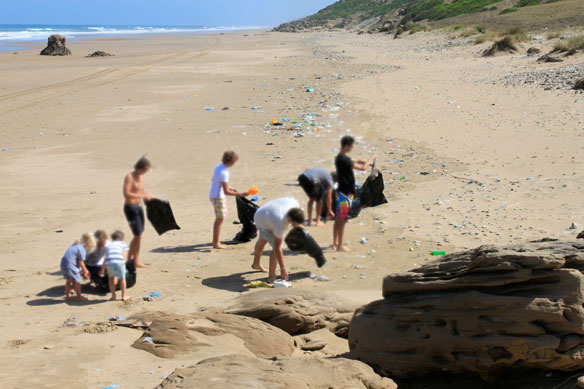
The world has a plastic pollution problem and it’s snowballing—but so is public awareness and action. Each year, an estimated 18 billion pounds of plastic waste enters the world’s ocean from coastal regions. That’s about equivalent to five grocery bags of plastic trash piled up on every foot of coastline on the planet.
Australia joins Clean Seas and pledges to recycle or compost 70 per cent of all plastic packaging by 2025
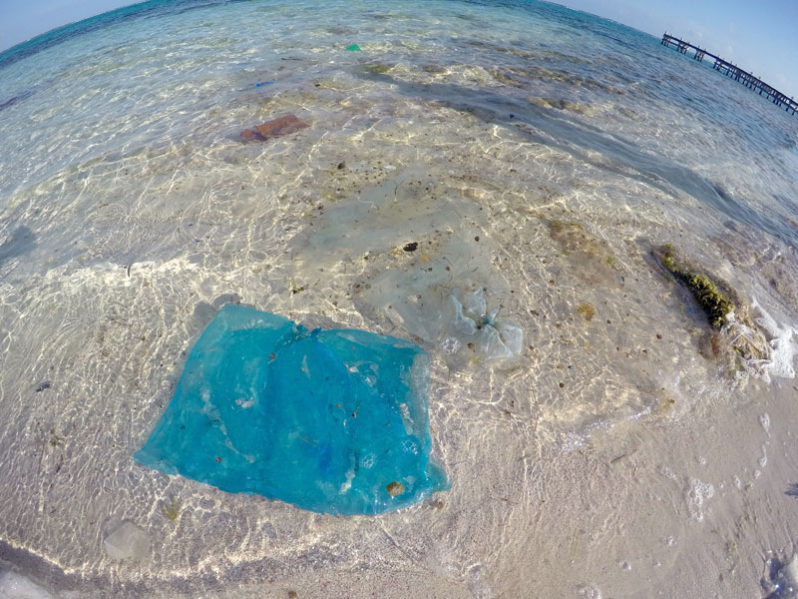
Australia becomes the latest country to join the movement to turn the tide on plastic, as Melissa Price, the country’s minister of the Environment, announces that the country is joining the Clean Seas campaign. Among other things, the country is pledging that 100 per cent of Australia’s packaging will be reusable, compostable or recyclable by 2025, and 70 per cent will be recycled or composted by 2025.
Dolphins are simplifying their calls to be heard over shipping noise

The world’s oceans are getting noisier, humming with the near-constant sounds of ship engines, seafloor mining, and oil and gas exploration. Now, a new study has found that dolphins are being forced to simplify their calls in order to be heard over the noise.
How microplastics, marine aggregates and marine animals are connected
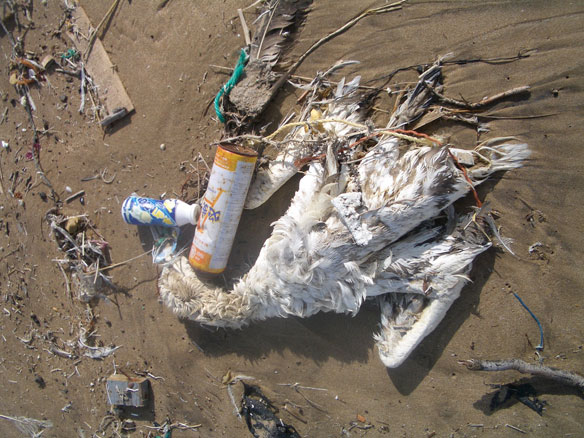
Prior research has suggested that mussels are a robust indicator of plastic debris and particles in marine environments. A new study says that’s not the case because mussels are picky eaters and have an inherent ability to choose and sort their food. Instead, the researchers have discovered that marine aggregates also called ”marine snow,” play a much bigger role in the fate of the oceans when it comes to plastic debris.
A 14-year-long oil spill in the Gulf of Mexico verges on becoming one of the worst in U.S. history

An oil spill that has been quietly leaking millions of barrels into the Gulf of Mexico has gone unplugged for so long that it now verges on becoming one of the worst offshore disasters in U.S. history. Between 300 and 700 barrels of oil per day have been spewing from a site 12 miles off the Louisiana coast since 2004.
Beaches of Saint-Tropez hit by Mediterranean oil spill
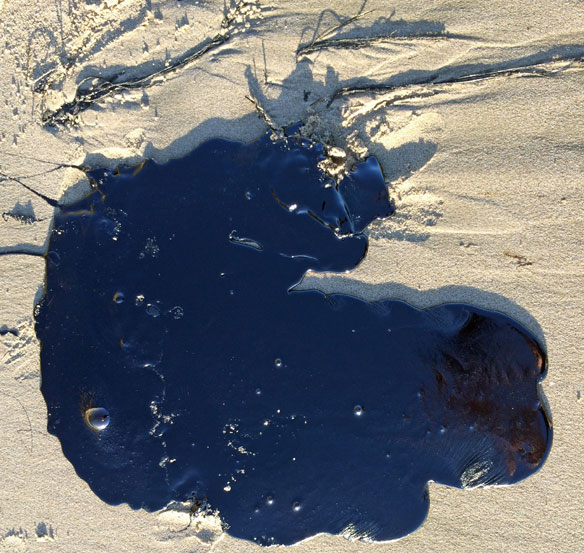
A containership and a ferry collided off the island of Corsica in the Mediterranean Sea, causing a three-mile long spill of heavy fuel, with French and Italian coastal authorities scrambling to contain it. The mayor of the village of Ramatuelle, which lies on the Gulf of Saint-Tropez, told AFP that 16 kilometres (10 miles) of coastline had been affected by the spill.
Plastic pollution has increased a hundredfold in remote parts of the South Atlantic
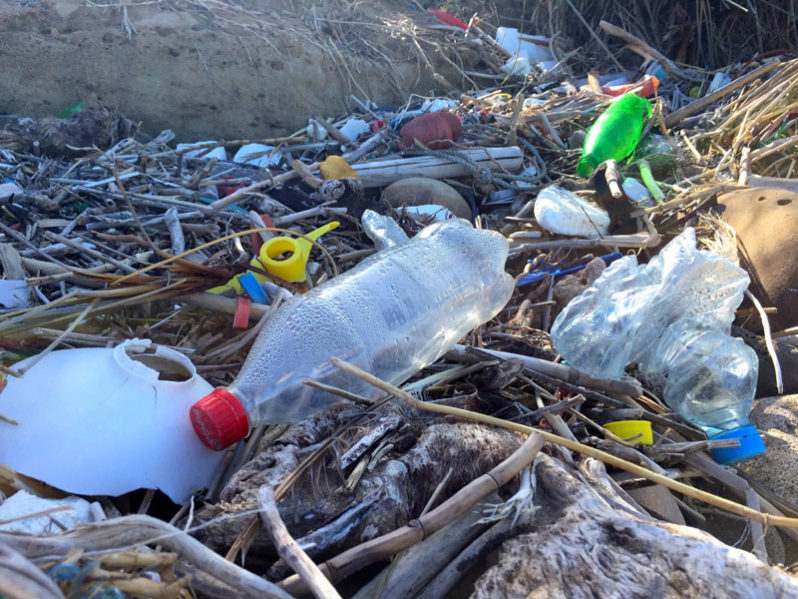
The amount of plastic debris in the ocean waters of the British islands in the South Atlantic — some of the most remote places on the planet — has increased hundredfold in the last 30 years, according to a new study.
These 10 companies are flooding the planet with throwaway plastic
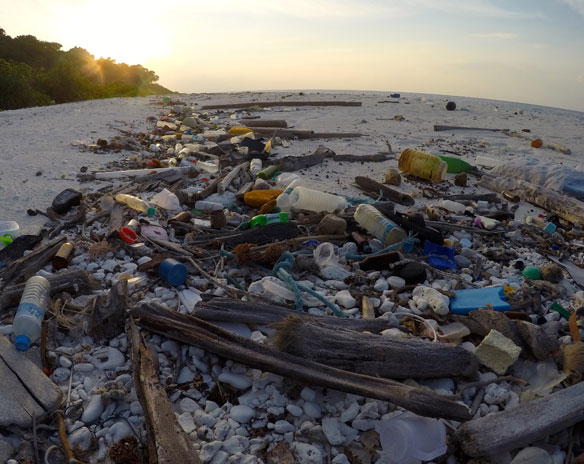
Nine months, six continents, 239 cleanup events, and more than 187,000 pieces of trash later, we now have the most comprehensive snapshot to date of how corporations are contributing to the global plastic pollution problem.
This floating pipe is trying to clean up all the plastic in the ocean
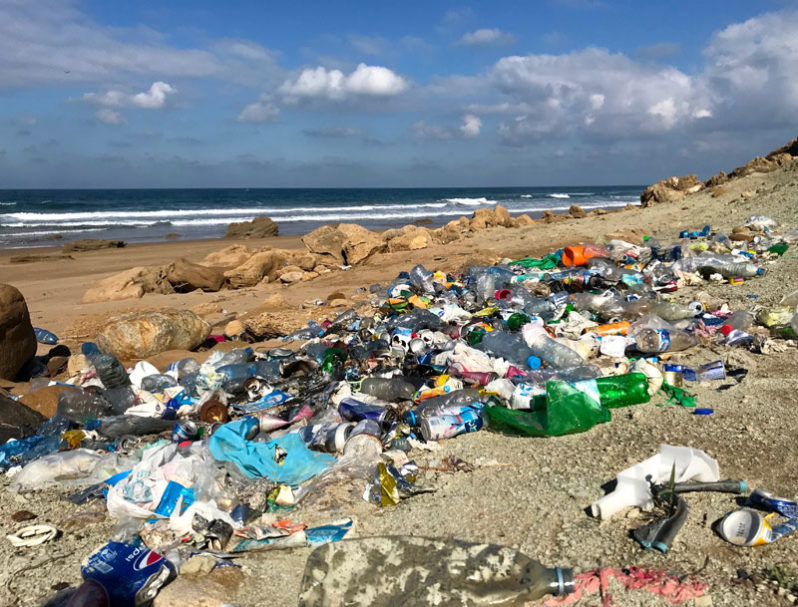
A 2,000 foot-long floating pipe nicknamed Wilson is about to start its mission to collect all the plastic in the middle of the Pacific Ocean.
